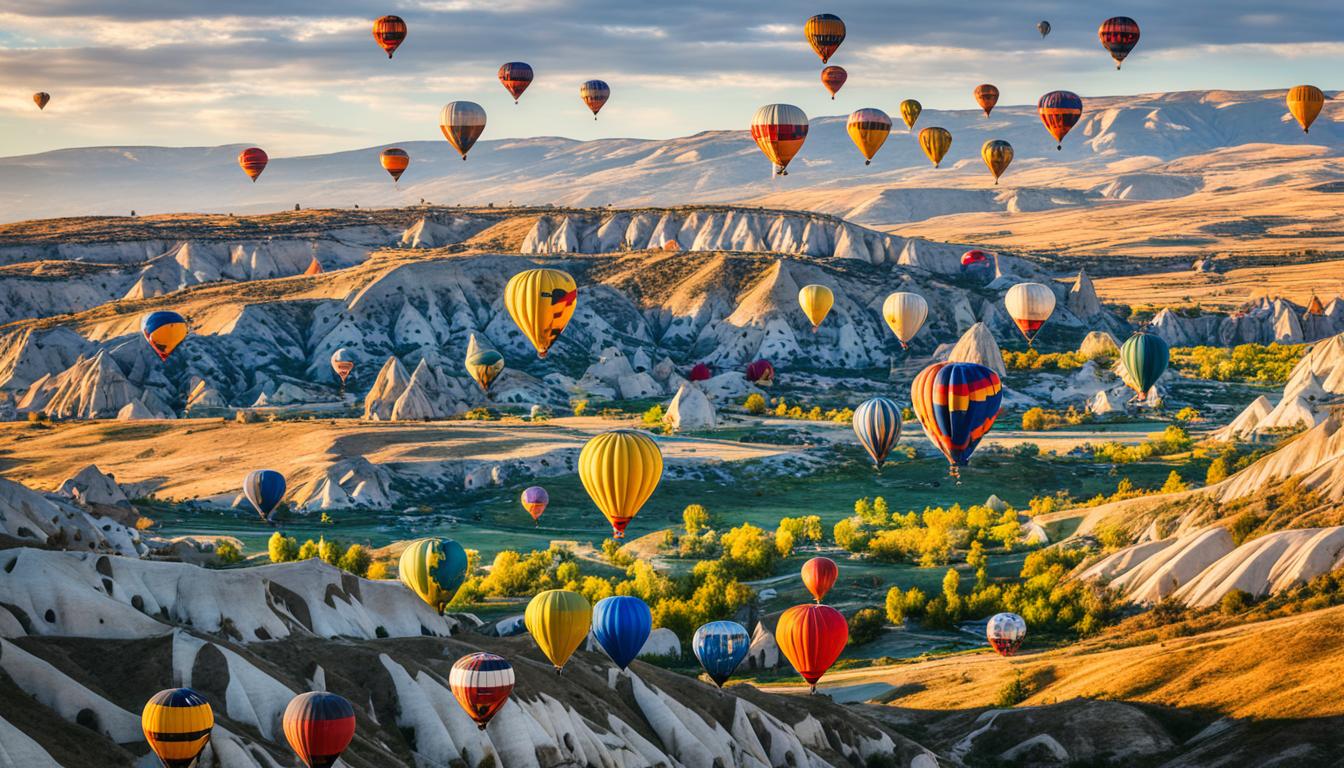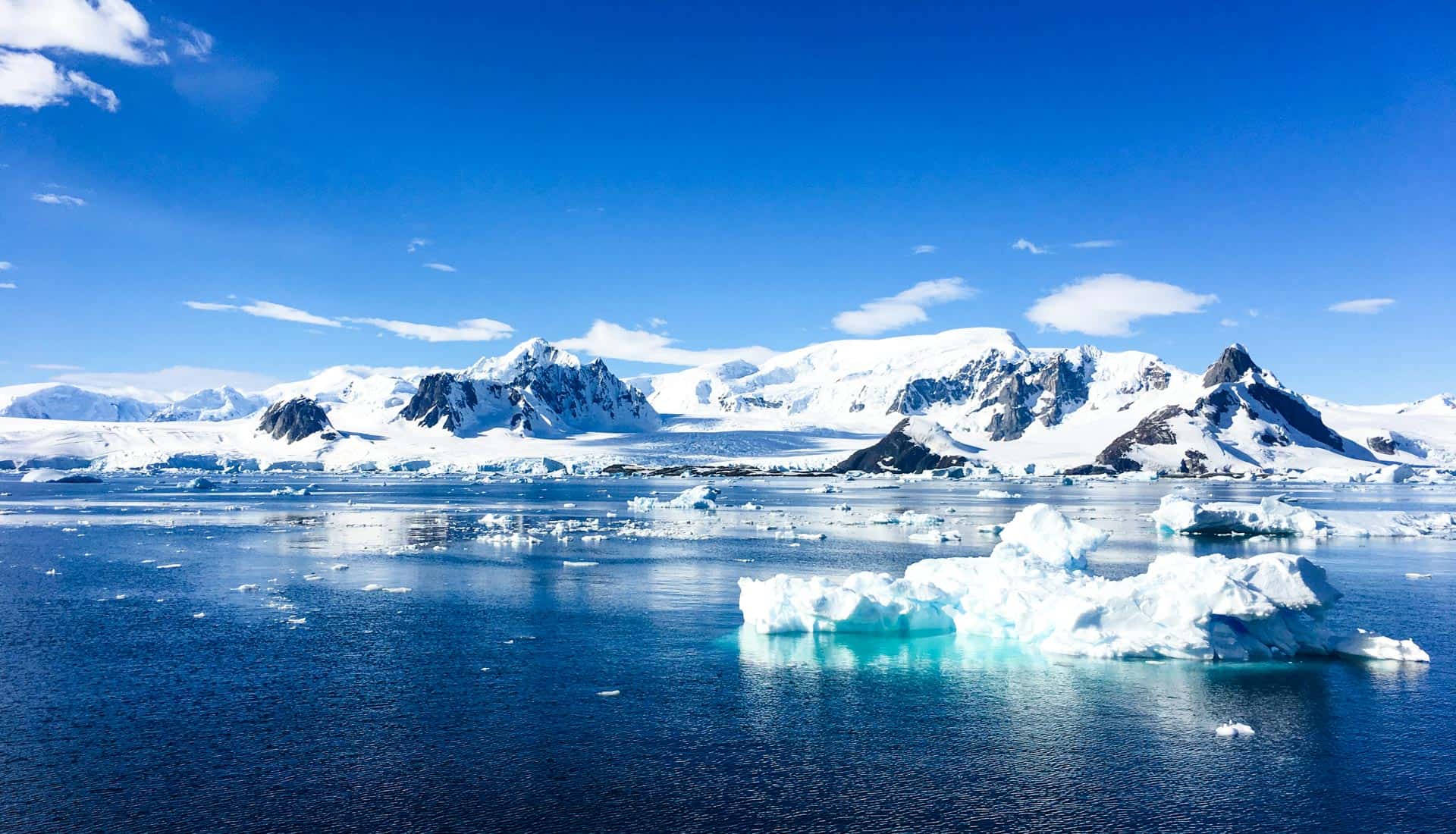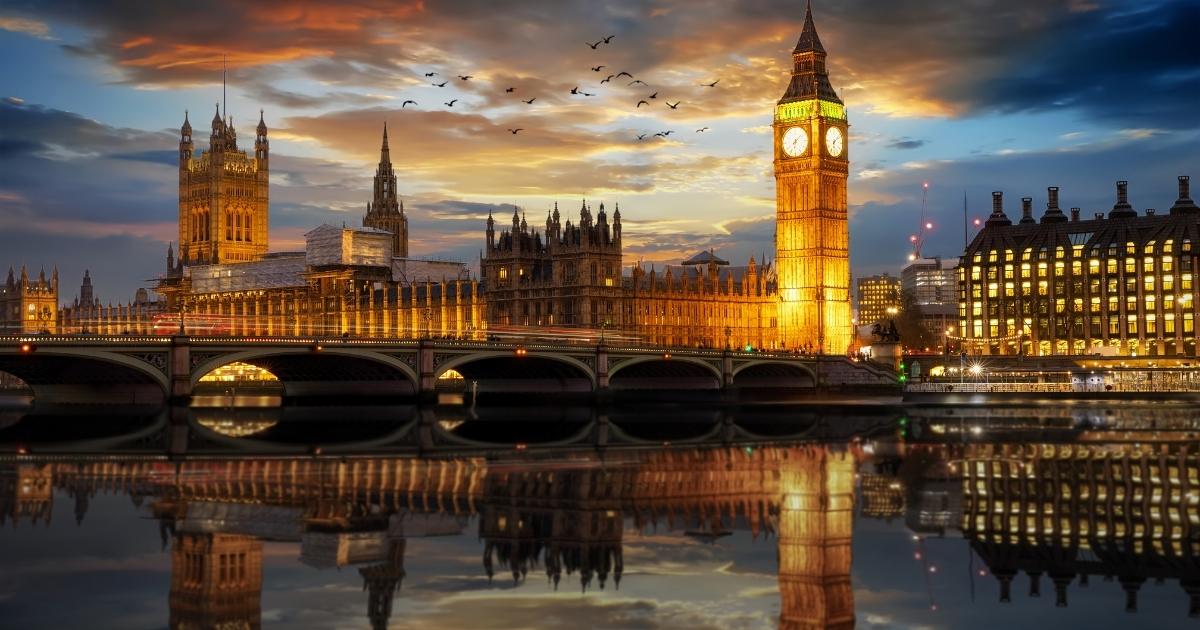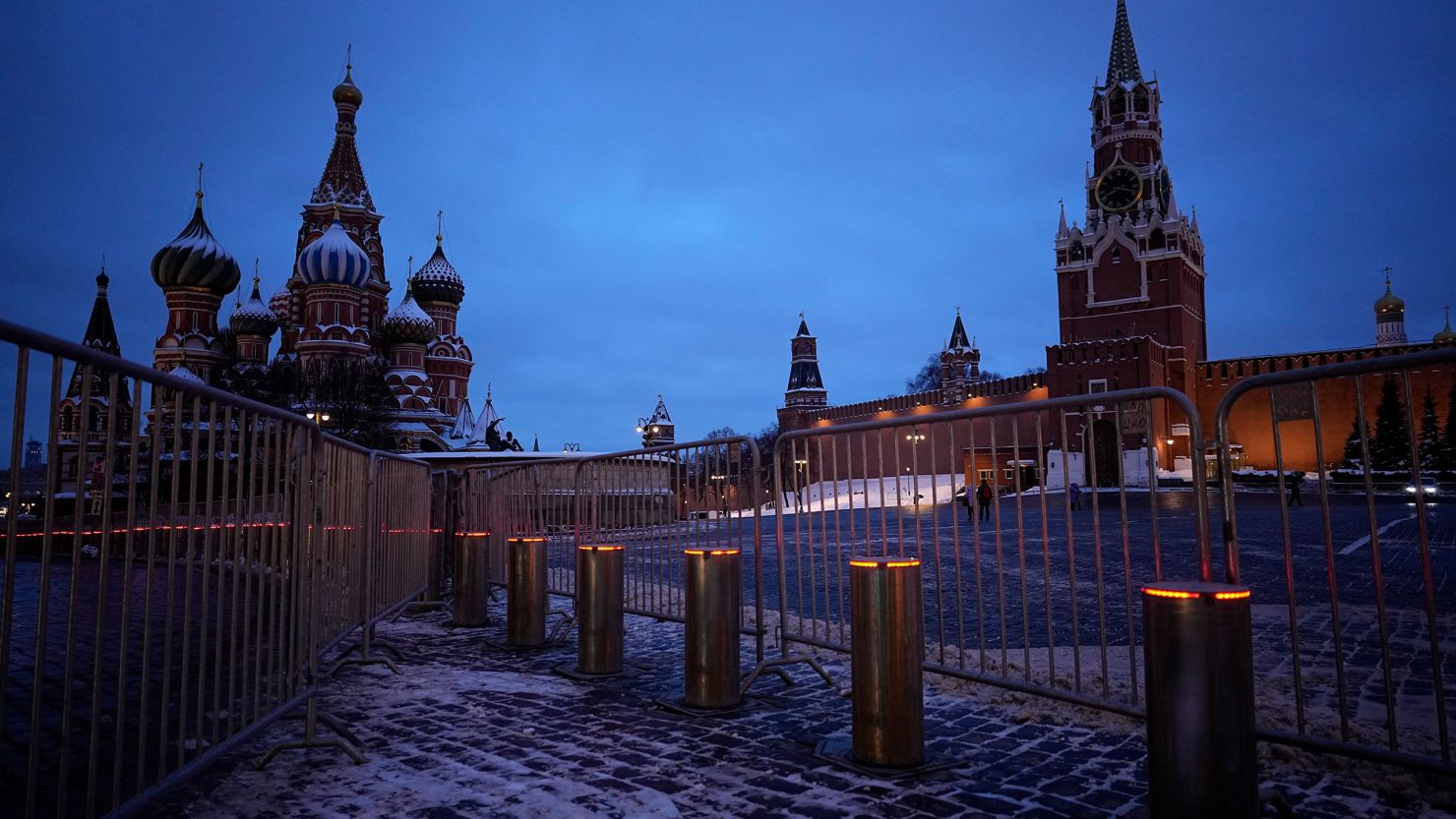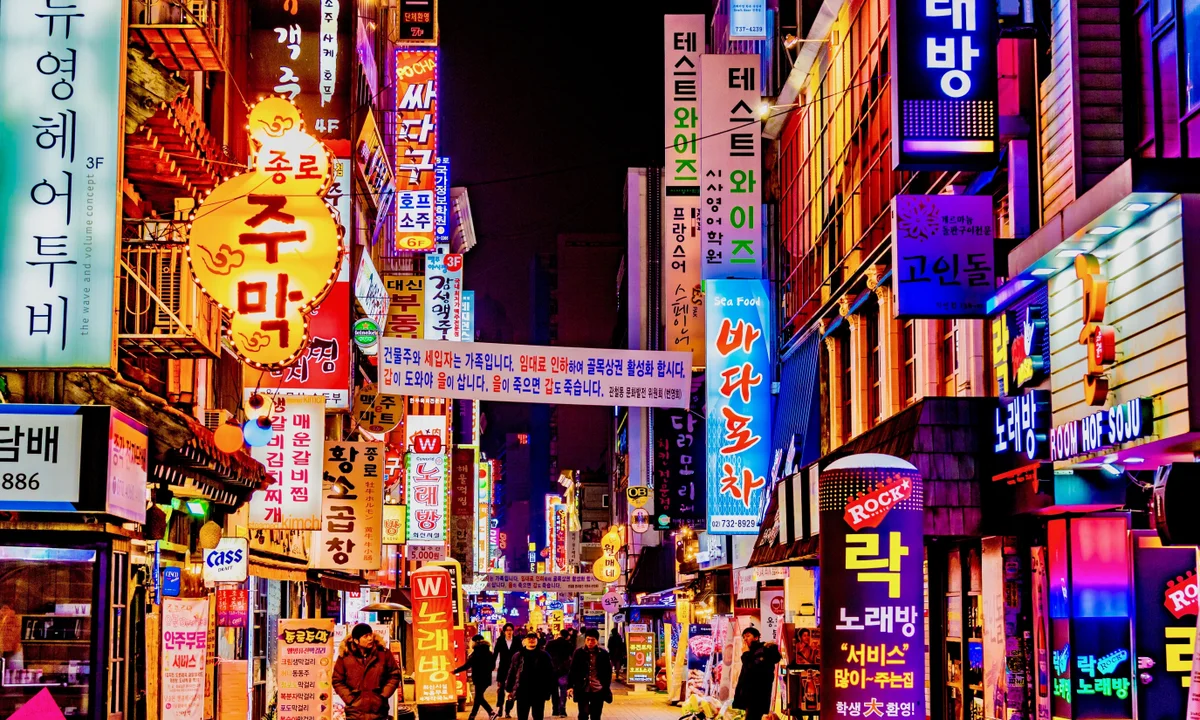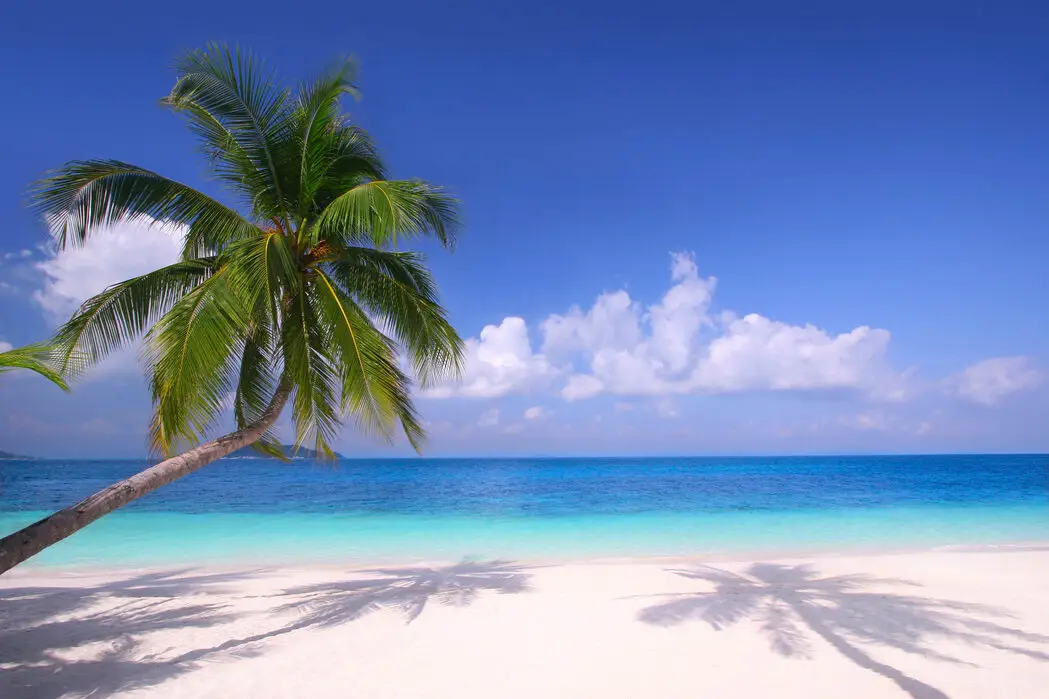
The Ultimate in Natural Beauty and Euphoria When we think of paradise, most people imagine scenery that is seemingly perfect in every way. A concept of paradise, which is a perfect world in terms of peace and beauty somewhere to leave the pressures and strains on day-to-day life. The concept of paradise is so elusive, for what constitutes it from person to person can be entirely different yet its seduction remains universal. An ideal escape; a state leading instead only to ephemeral joy and long-term fulfillment.
Elements of Paradise
Paradise is often portrayed as a beautiful natural landscape. These locations can be white sandy beaches with crystal-clear oceans, dense tropical jungles, towering spires of rock, or still desert water holes. One of the hallmark features of paradise is its serene and unblemished environment.
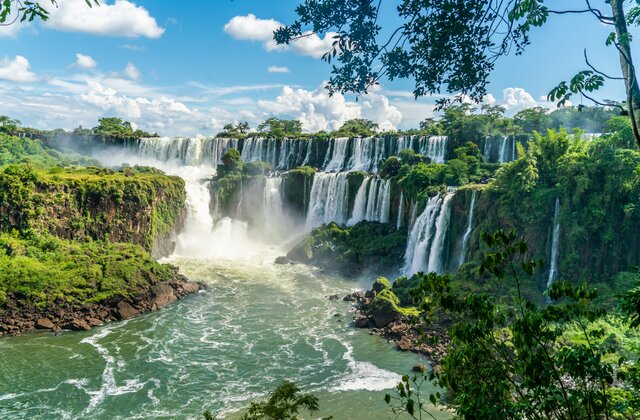
1. Coordinates: If it is paradise, there are some dramatic sceneries involved in the land & surrounding beaches. This can be emerald green hills, glittering waterfalls, or the golden sunset. The spectacle of paradise displays nature’s spectacular beauty.
2. A serene atmosphere: Peace and tranquility, are some of the things that define paradise. It is a place filled with the everyday clammer and hapless hustle of life, dissolved while being bathed in simple sound. Paradise is tranquil and allows for the release of constant day-to-day stresses.
3. The Lush Green Field: Heaven is often depicted as a place of rich vegetation Lush vegetation…a range of wildlife…and weather that relaxes. In paradise the environment is very bountiful, this also helps to explain why living in a tropical rainforest tends to give one more of that sense of general peace and contentment.
4. Getaway-hood and Peace: This Place gives us thus a brand new lifestyle, it represents an escape from our existence and provides us haven within the tenseness of each day-to-day racing. It is a decluttering oasis for people to recover and recharge in the embrace of their existence or Mother Nature. It is what, ultimately, makes it so seductive.
5. Packing: Traveling requires proper planning since it enables you to achieve maximum comfort and convenience. You may begin by preparing all the items such as clothes and toiletries depending on your climate as well as other activities you may undertake. Effective packing saves much space; hence your worry levels decrease significantly, and you enjoy your journey.
Varieties of Paradise
But paradise runs the gamut from time, food like mango and guava; different colors of the spectrum in varying shades set before vivid technicolor-assaulted Iris. Heaven for some, might be a secluded South Pacific island with white powdery sand and turquoise waters. For others, it may be a secluded cabin with breathtaking mountain views and fresh air.
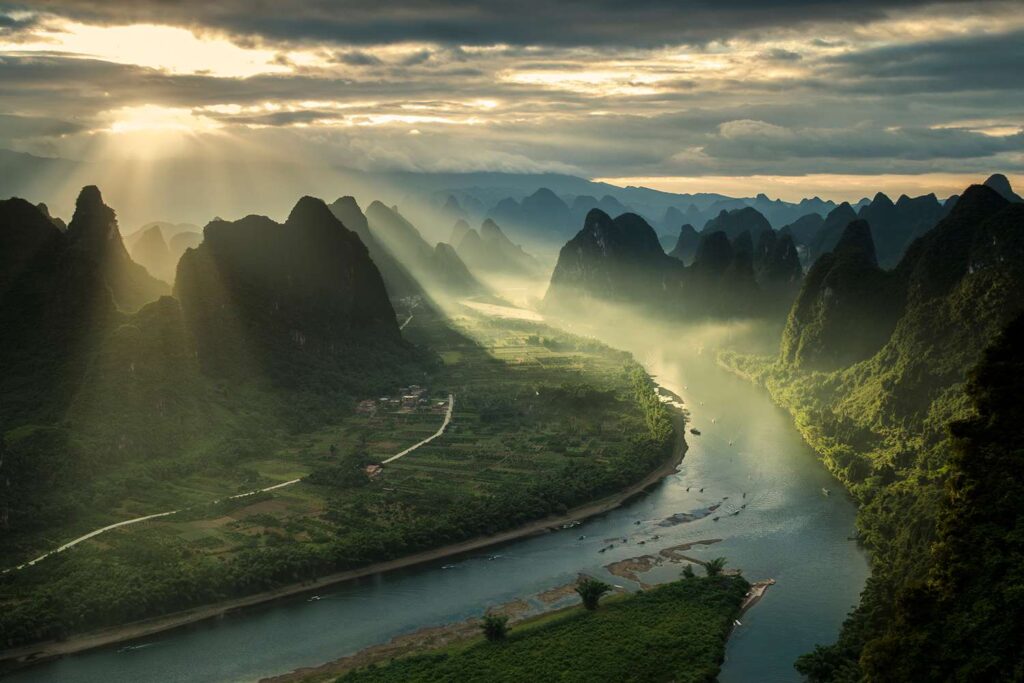
1. Tropical Paradise: When people imagine paradise, it is predominantly some sort of warm tropical climate with lush environments like palm fringed beaches and colorful coral reefs. Places like Bali, the Maldives, or any of these gorgeous Caribbean countries are always at the top of our bucket list when dreaming up this picture-perfect paradise where you get to experience both some truly beautiful active experiences and typically just relax in a luxury resort.
2. Mountain Paradise: A mountain paradise for those who enjoy a cool, rugged environment. A trip to somewhere like the Swiss Alps and Rocky Mountains allows you to enjoy beautiful views, and serenity at its best as well as other activities such as hiking/jet skiing.
3. Cultural and Historical Paradise: Many people may consider a region that majors in cultural history as paradise. Cities like Kyoto or Rome will take you to an entirely different side of paradise, where ancient temples and historically relevant places coincide with breathtaking nature.
Paradise as a Symbol
There is also great symbolic significance in Paradise. It embodies the sigh of an exemplary bliss; one that we associate with spiritual or philosophical thoughts of Nirvana. Most beliefs of paradise are eternal destinations–a reward for our lives here on Earth because in some regard we believe that life is suffering. Its symbolic sense influences themes and settings in human culture, ranging from literature to art to religion. That analogy writers of the pursuit of perfection only adds another layer to it about reaching for a better life and state, which is simply our inner desire as humans.
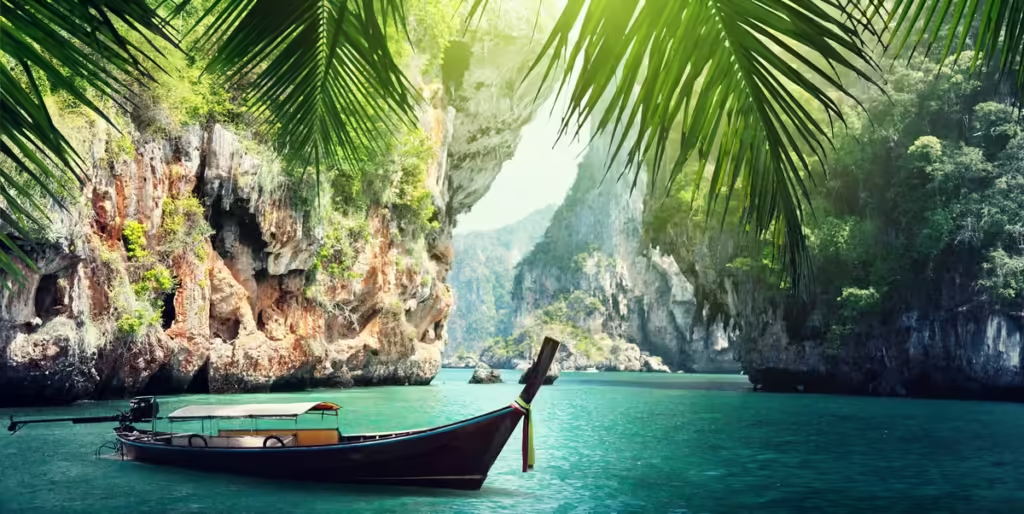
Beauty of Paradise: A Visionary Imagination of Earthly and Spiritual Marvel
It is a concept that carries a pictured beauty peaceful and perfect. Indeed, the human brain has been able to conceive heaven as a place where all the disturbances and problems are rubbed out and more spectacular gifts from nature replace them for decades. Whether it is a spiritual place after death or a terrestrial, wondrous place, heaven incorporates the very essence of peace, serenity, and stunning beauty. It does not matter how perfect in scenery heaven is to be illustrated; that is much more: it signifies peace, fulfillment, and harmony with nature and the divine.
Natural Paradise: Earth’s Most Beautiful Places
Even if most of these ideas of paradise spring from the religious or mythic domains, there is hardly a lack of earthly sites that embody the visual majesty commonly attributed to these utopias. Nature, in all its untouched beauty, often brings back the vista of a paradise in all its verdure-from lush forests and clean beaches and towering mountain walls to the less agitated lakes. These are places purifying the soul and filling it with wonder and peace, the feeling reminding one of the mythic paradises described in the pages of religion.
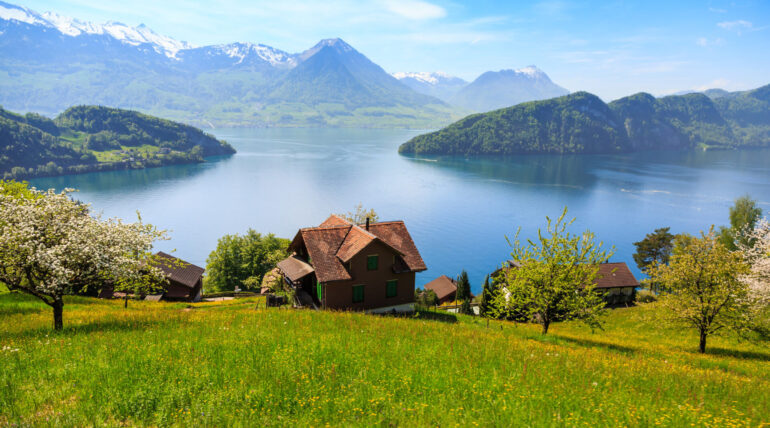
Tropical Islands
Most probably, the most easily recognizable earthly manifestation of paradise lies in tropical islands. Places in the Maldives, Bora Bora, and the Seychelles, regularly described these islands as heaven on earth, their blue water, white sandy beaches, and palm-fringed coastlines. Calm lagoons accompany the warm sun-warmed conditions, coupled with the wafting of the sea breeze, which creates an ideal world from the fray of modern life.
Islands are said to be parables for Heaven, cut off from the rest of the world. An antidote to the possibility of being away and reconnecting with nature and reconnecting with simple things in life-swimming in the warm sea, lazing under palm trees, watching the fiery burst of color at sunset as it stretches out across the horizon. These islands can bring peace and happiness just because of their beauty.
Mountains and Valleys
For others, heaven is not there where seashores and landscapes are but there where tall mountains stand and silent valleys lie. In this regard, Swiss Alps, Himalayas, and Patagonia fall under earthy paradises-earthly paradises. Here we have snow-capped peaks and green meadows along with crystalline rivers: handsome mountains that make one stand in awe at their sheer size and majesty, a reminder that nature is powerful and beautiful.
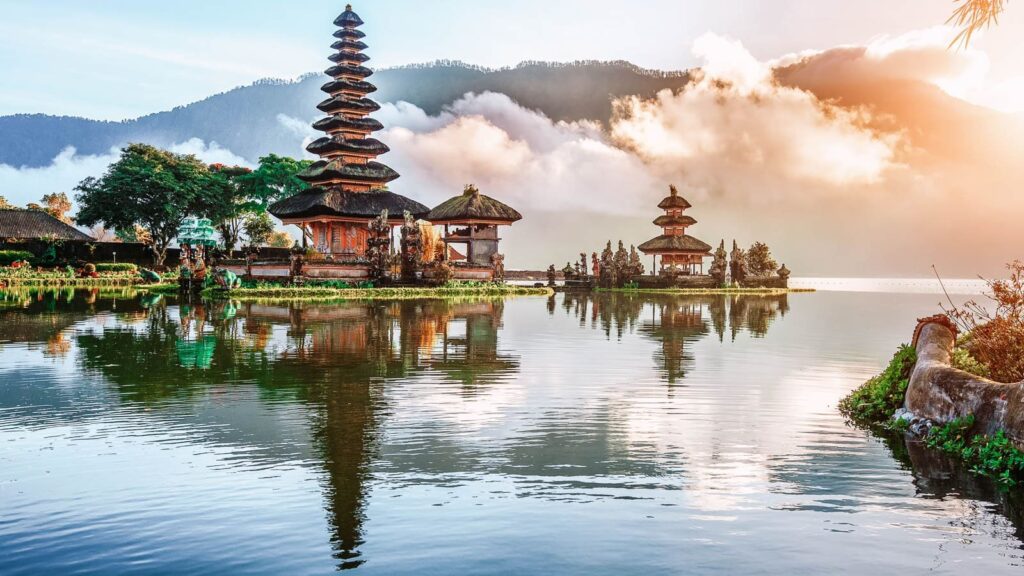
This is indeed a Heaven, but not of languor and lying on the beach, but more of the thrill and liberty of the wilderness. There, in still mountains punctuated only by the sound of wind or perhaps a distant waterfall dropping down to some valley below is a spiritual experience that many have often referred to as being “out-of-this-world.” Here, the beauty of nature becomes greater than physical value, being a pathway to inner repose.
Jungles and Forests
Full of luxuriance and eerie dews, the jungles and forests also speak for the majesty of heaven. Whether the Amazonian Rainforest or the misty jungles of Costa Rica, jungles and woodlands would find a way to describe the wild and untamed beauty of the grandeur of nature. The phenomenal variety of life in the areas-from the towering trees to the rainbow creates a thriving yet peaceful habitat.
An almost unspoken forest promenade where sunrays fall down through leaves and birds sing in distant lands looks almost like a paradise hidden away. Most places of the sort easily create an impression of timelessness, as if they have been here for eternity; nothing has ever again touched these with human hands. These are consecrated forests almost in every culture around the world because they represent the place in which the sacred is closest to earth, hence perfect representations of heaven or paradise.
Deserts and Oases
What might not come to mind is a picture of paradise from the desert, simply because it does not rule out the arid beauty of loneliness. Desert landscapes, like that of the Sahara or the Arabian Desert, or even that of the American Southwest, paint a kind of beauty that is vast, still, and simple and lacking a lot in outward appearance.
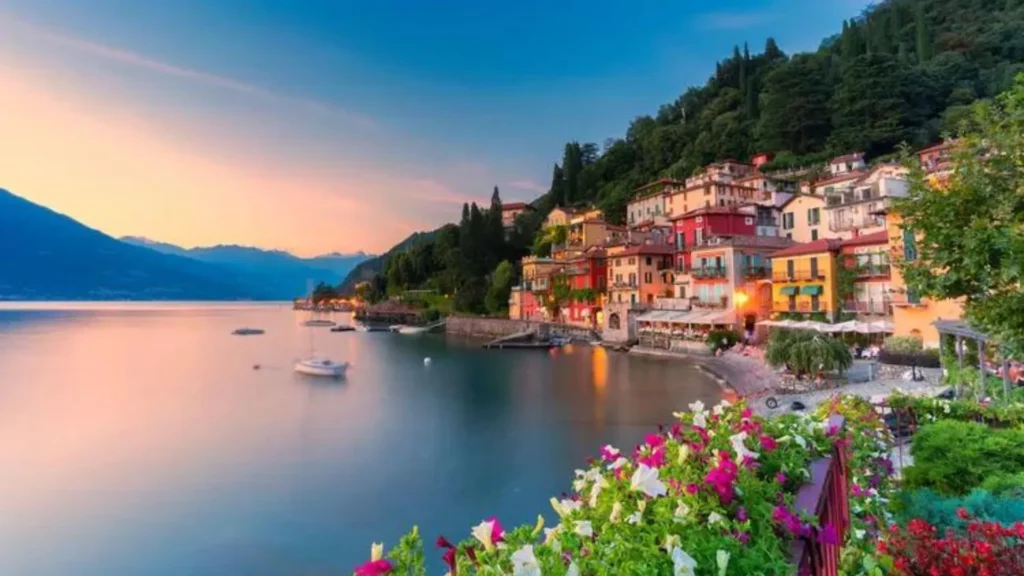
Pictures of pure heaven for those seeking solace and the source of reflection, cool waters hiding between dunes, golden sands, and bright blue skies which are limitless. Timeless – you’re connected to ancient earth, and all the beauty of nature at its most minimalistic forms.
Paradise for Inner Peace
Indeed, whatever may mean it is imagination in myth or an experience in nature-it finally points to a desire for peace and fulfillment. Paradise is not a place but a state of mind-a vision of life lived in harmony with nature and the universe. The stillness of a beach, the grandeur of a mountain range, serenity of a forest all remind us of that sense of inner peace we all look for in our strife-torn lives.
Hence heaven is more than a place if it is something physical. Here the metaphor of the contented soul finds its origin. It calls for slowing pace to appreciate beauty in efforts to live an examination period today.
Conclusion
Quest for Paradise is the ultimate escape, a state of perfect harmony that presents itself in many different Paradise whether that means a tropical beach, serene mountain retreat, or a culturally rich city is the epitome of beauty, tranquility, and satisfaction. This is a break from the norm, an insight into pure happiness. Paradise symbolizes human dreams and the spirit of discovery, which constantly touches our hearts with a deep longing for peace of mind

